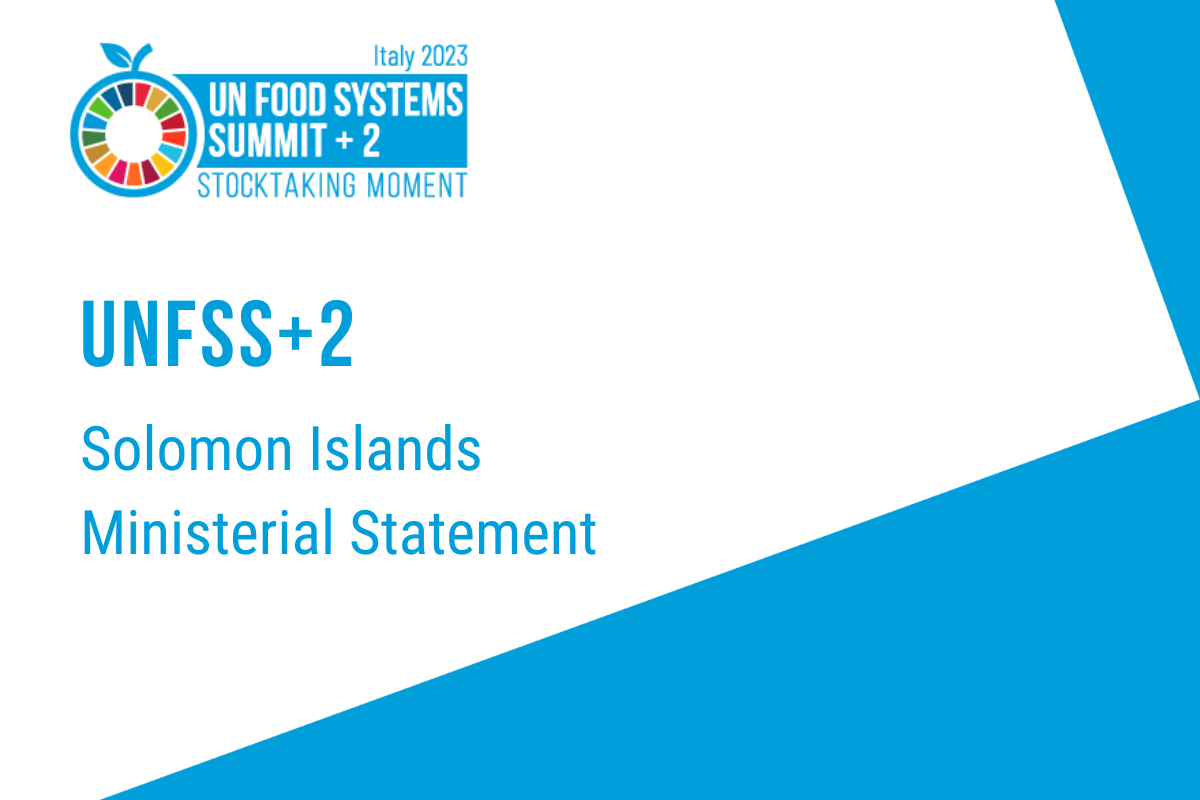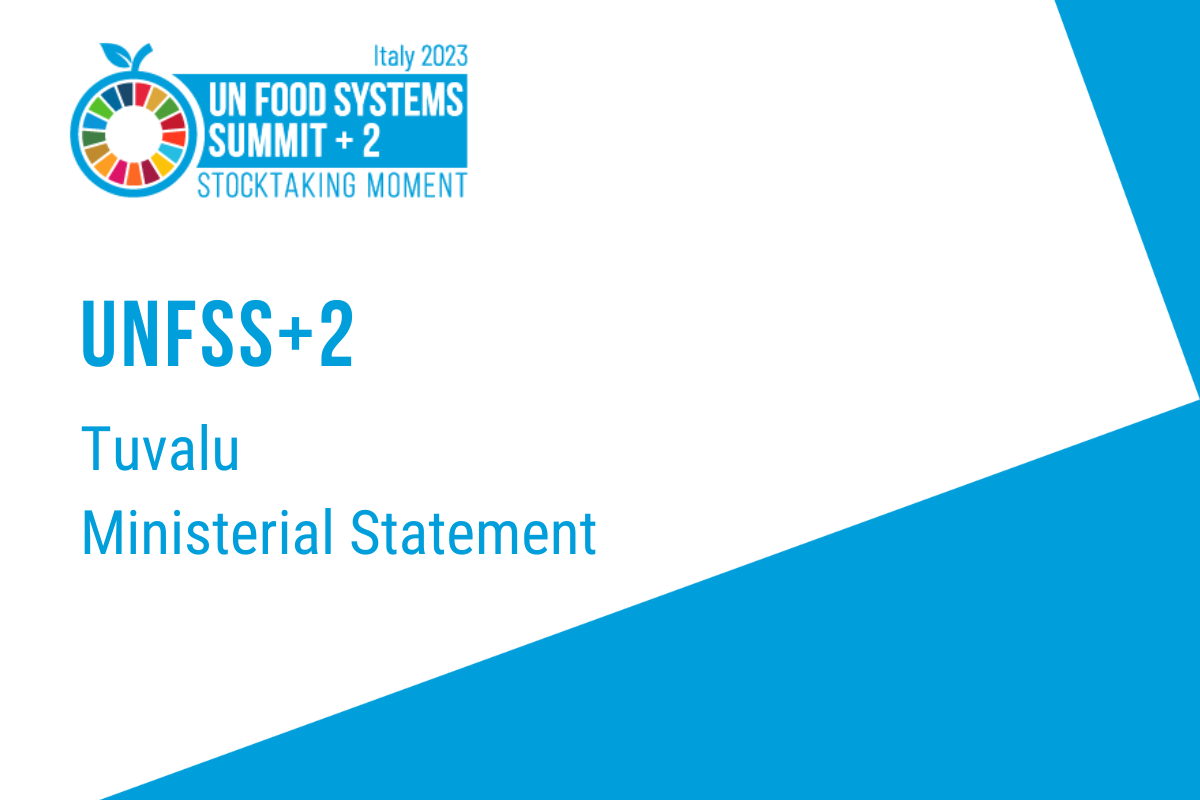
Financing food systems transformations
Monday, 24th July, 11:00-12:30
Since the Food Systems Summit in 2021, the global economy has continued to face multiple shocks and uncertainty. Countries are operating under volatile conditions dominated by crises and extreme weather disasters, tight fiscal conditions, increasing interest rates, and gloomy global growth prospects. Countries and the multilateral community are striving to finance emergency responses without losing track of the need for transformative investments into food systems. Low-income countries are the most challenged. Only the joint mobilization of public and private capital supported by innovative financing solutions will deliver high-performing food systems within the sustainable development agenda.
Transforming food systems could cost from US$300 billion to $400 billion per year. Shocking—until you consider that the market value of the global food industry alone stands at around $10 trillion. And annual subsidies by OECD, EU countries, and key emerging economies to agriculture averaged US$700 billion per year between 2019 and 2021. Considering these figures, the necessary financial requirements to transform food systems are clearly attainable. On the other side is the cost of inaction. The hidden environmental, social, and economic costs associated with maintaining the status quo add up to a staggering US$12 trillion.
The session will focus on the following questions:
- Are countries, the global community and the private sector living up to the challenge of increasing and shifting financing for food systems?
- How can the reform of the international financing architecture and new innovative source of financing complement traditional efforts to help partner countries in the financing of their food systems investment strategy?
- How can governments and development partners attract and shift private investment at scale towards healthier, more equitable and sustainable food systems and make sure it reaches the small producers and primary actors?
The session will result in a call for clear financing mechanisms and evidence-based mutual accountability to scale up and shift resources - domestic public, international development, and private finance - for food systems transformation. It will elaborate on how to ensure coherence of these different sources of financial flows. And it will also establish the link between the financing agenda for food systems transformation and the SDG summit and COP28.
Ministerial Statements
Speakers
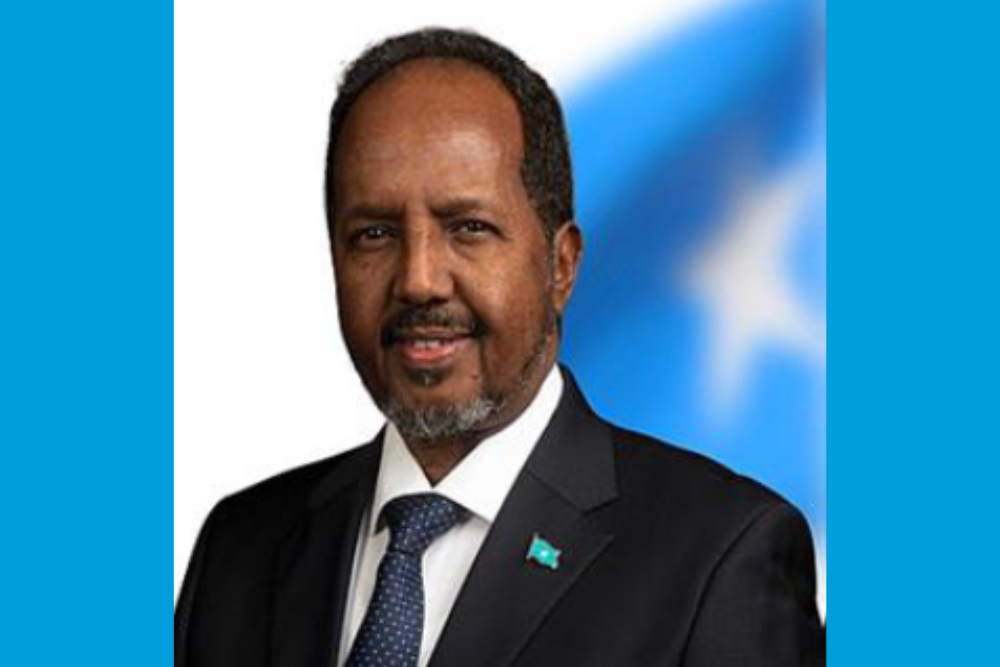
H.E. Mr. Hassan Sheikh Mohamud
President of Somalia
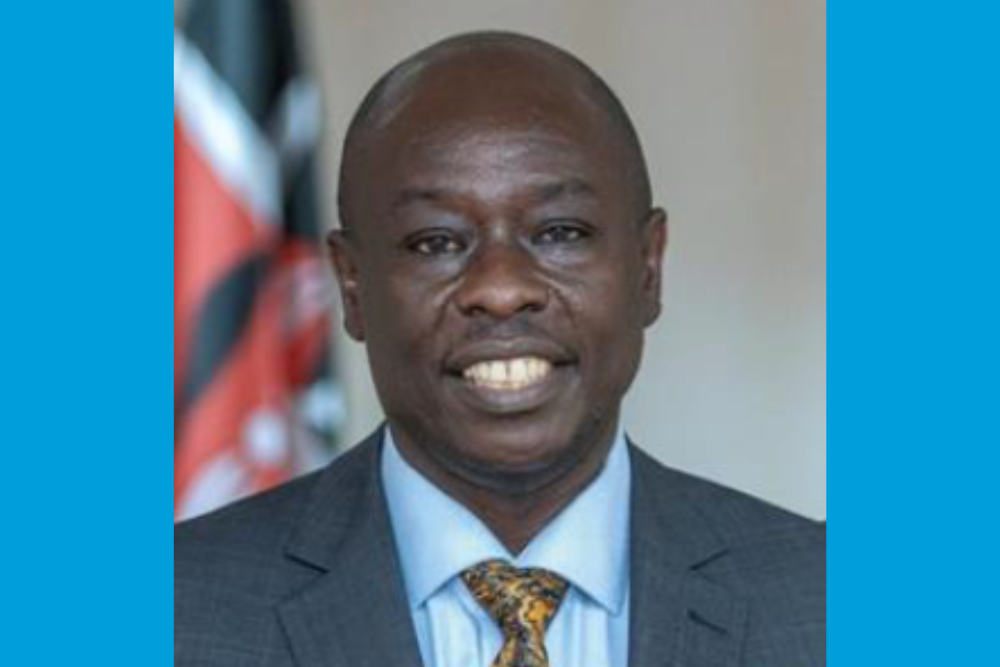
H.E. Mr. Rigathi Gachagua
Deputy President of Kenya
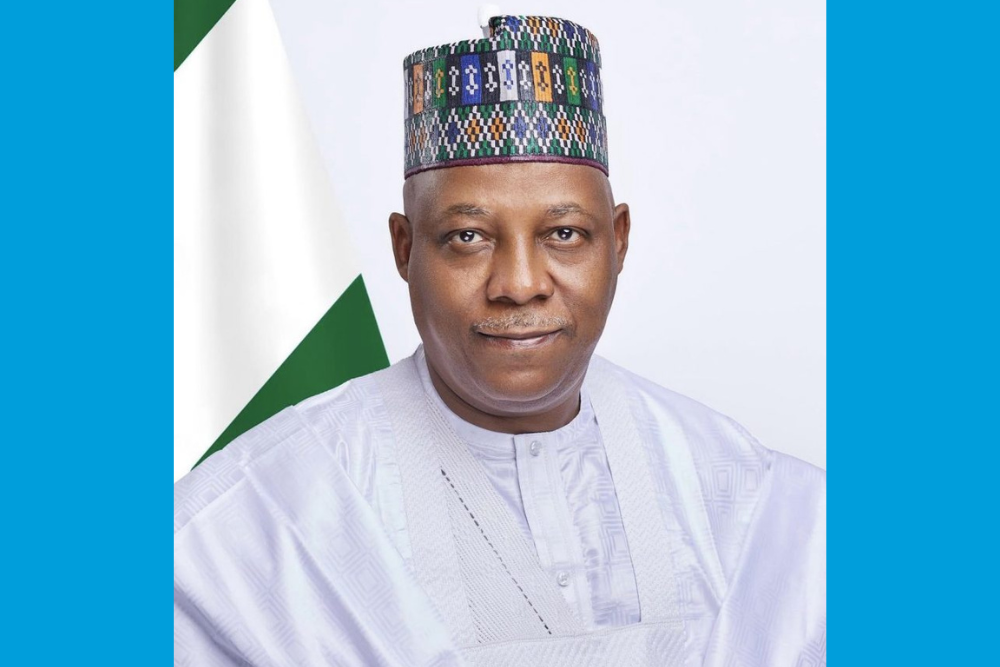
H.E. Mr. Kashim Shettima
Vice President of Nigeria
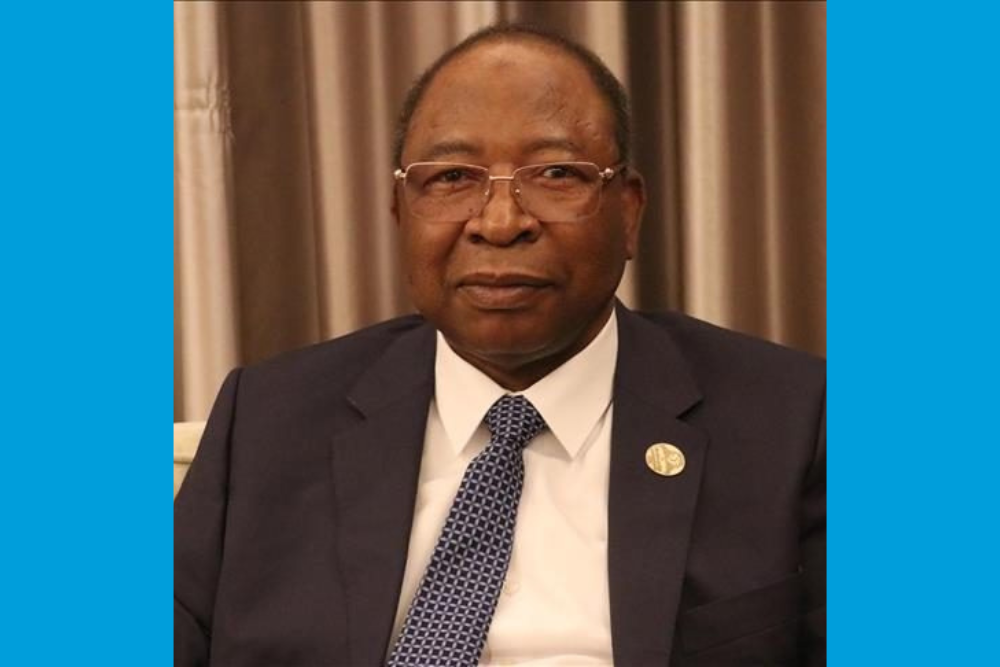
H.E. Mr. Ouhoumoudou Mahamadou
Prime Minister of Niger
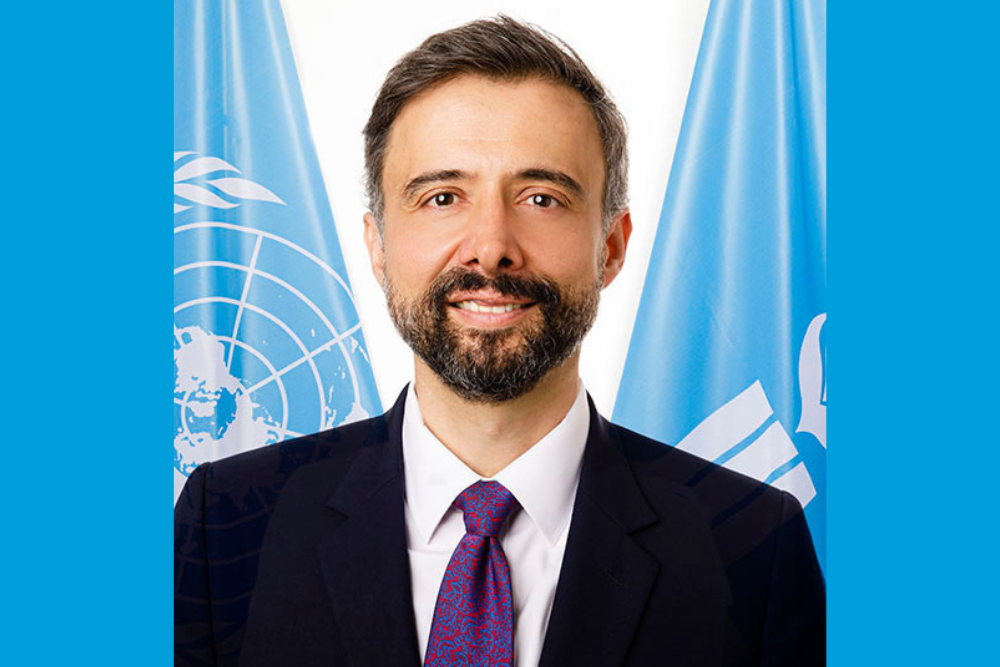
Mr. Alvaro Lario
President of the International Fund of Agricultural Development (IFAD)
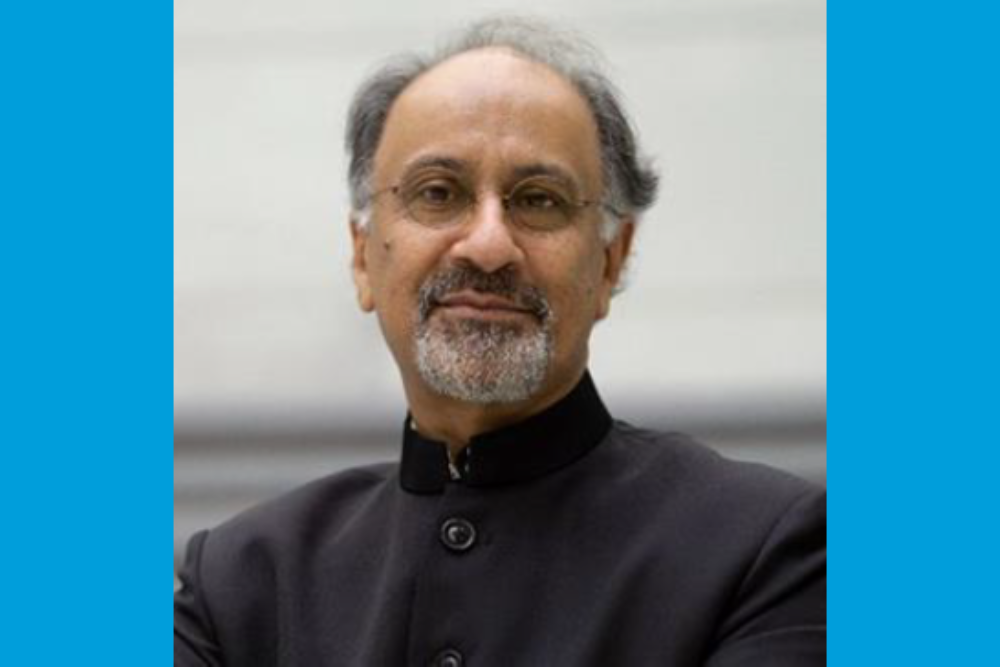
Mr. Indermit Gill
Vice President and Chief Economist, World Bank
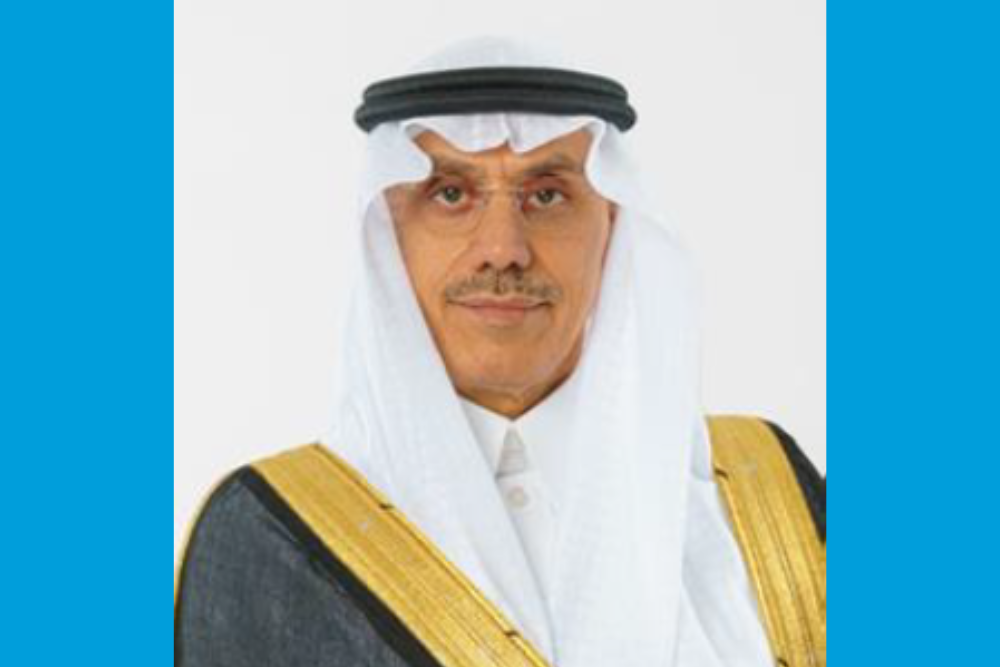
H.E. Mr. Muhammad Sulaiman Al Jasser
President, Islamic Development Bank

Ms. Hassatou N’Sele
Vice President of Finance, African Development Bank
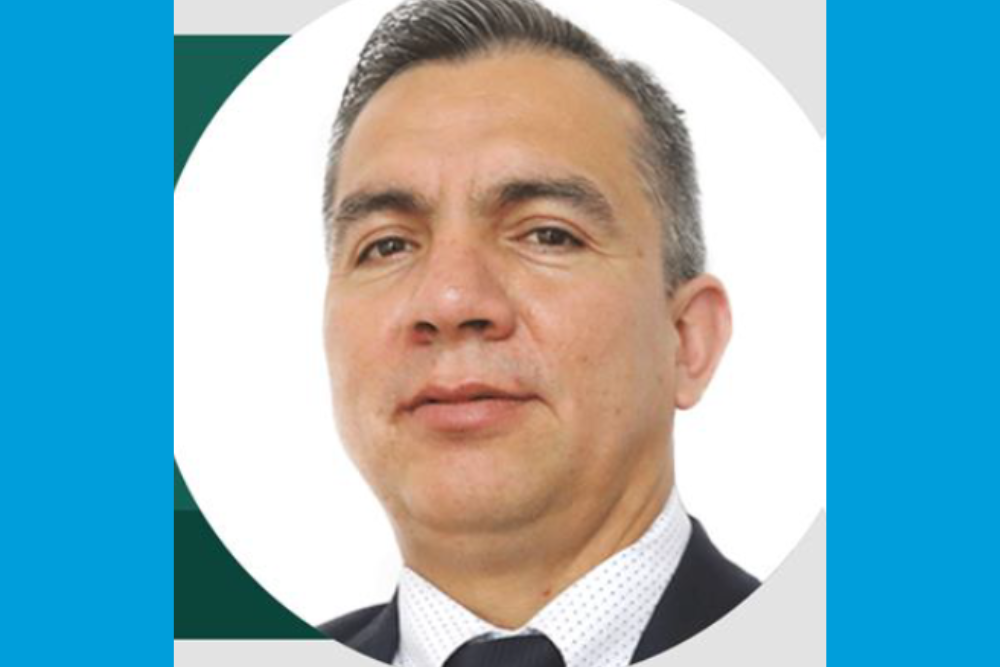
Mr. Segundo Enrique Regalado Gamonal
Vice Minister of Policies, Supervision and Agrarian Development, MIDAGRI, Peru
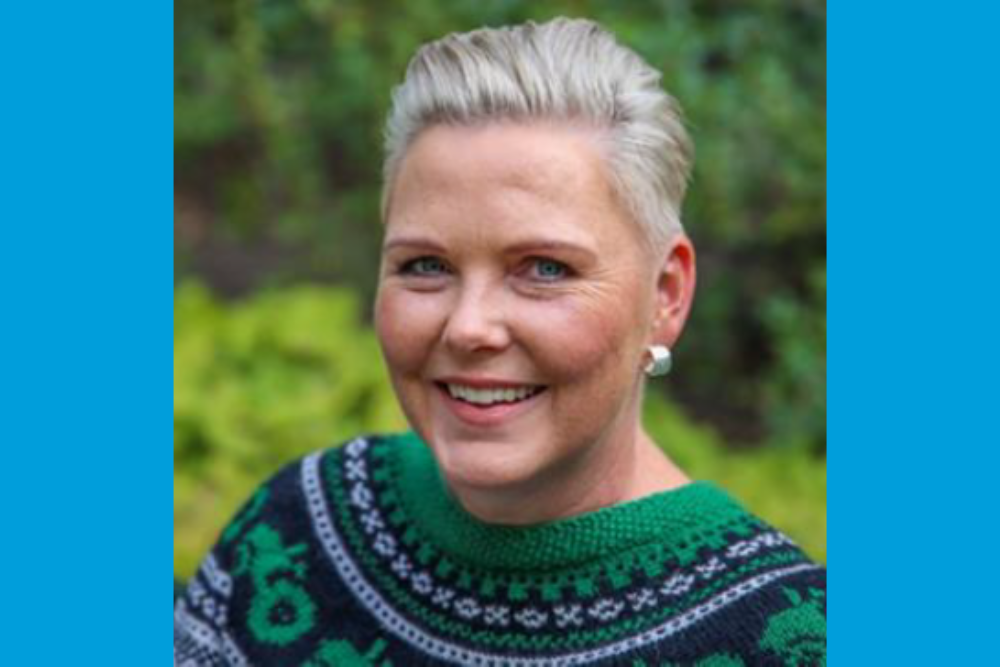
H.E. Ms. Anne Tvinnereim
Minister of International Development, Norway
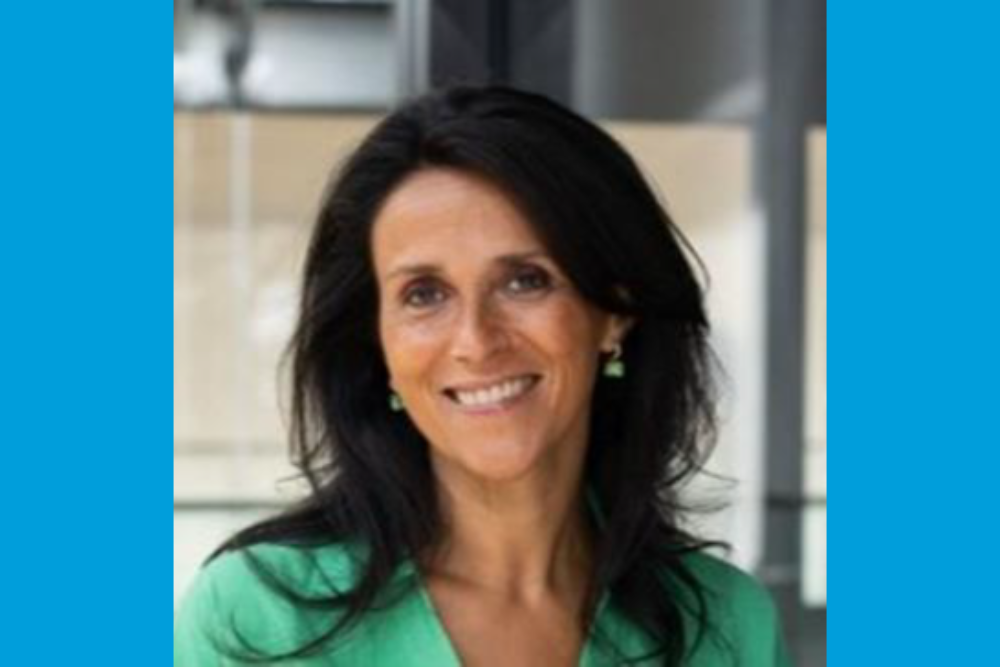
H.E. Ms. Chrysoula Zacharopoulou
Minister of State for Development, Francophonie and International Partnerships, France
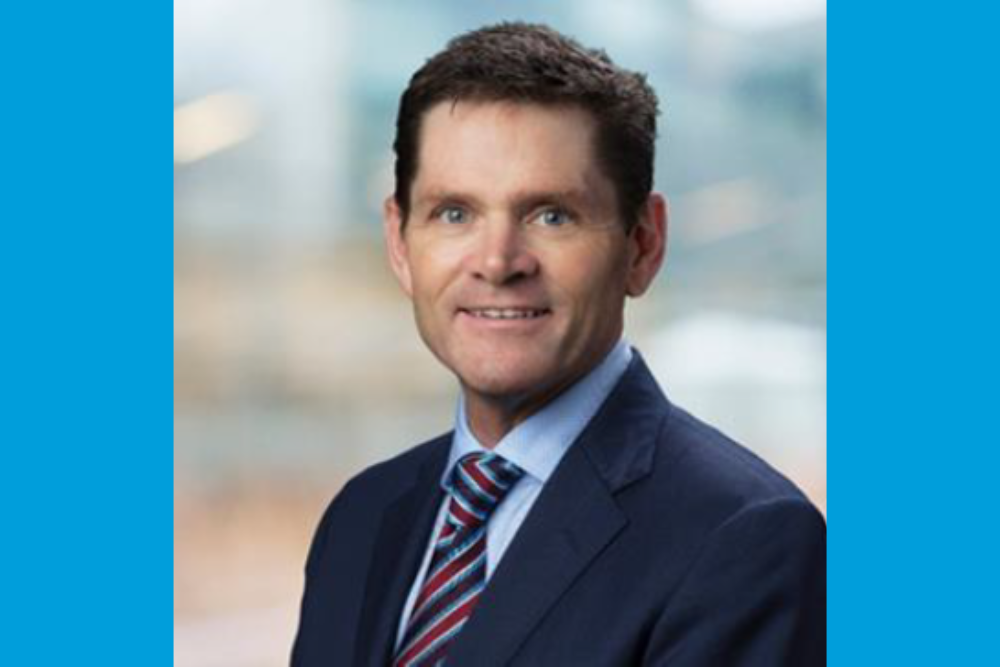
Mr. Rodger Voorhies
Global Growth & Opportunity Division President, Gates Foundation

